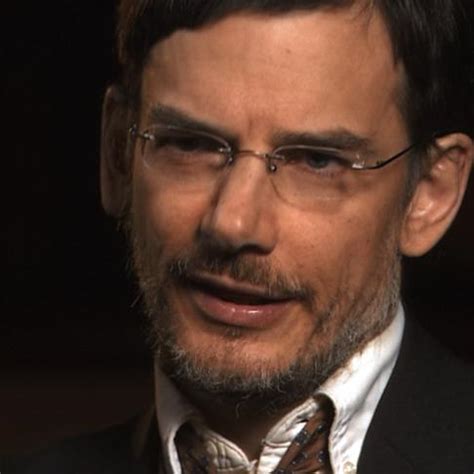A Quote by Andrew Michael Ramsay
The source of Pyrrhonism comes from failing to distinguish between a demonstration, a proof and a probability. A demonstration supposes that the contradictory idea is impossible; a proof of fact is where all the reasons lead to belief, without there being any pretext for doubt; a probability is where the reasons for belief are stronger than those for doubting.
Related Quotes
There is nothing in the nature of a miracle that should render it incredible:;: its credibility depends upon the nature of the evidence by which it is supported. An event of extreme probability will not necessarily command our belief unless upon a sufficiency of proof; and so an event which we may regard as highly improbable may command our belief if it is sustained by sufficient evidence. So that the credibility or incredibility of an event does not rest upon the nature of the event itself, but depends upon the nature and sufficiency of the proof which sustains it.
According to theism, if a universe is to have any probability of existing, this probability is dependent upon God's beliefs, desires and creative acts. But the Hartle-Hawking probability is not dependent on any supernatural considerations; Hartle and Hawking do not sum over anything supernatural in their path integral derivation of the probability amplitude.
The hardest part about gaining any new idea is sweeping out the false idea occupying that niche. As long as that niche is occupied, evidence and proof and logical demonstration get nowhere. But once the niche is emptied of the wrong idea that has been filling it:; once you can honestly say, "I don't know", then it becomes possible to get at the truth.
The Strength of a hero is not in her abilities. In her weapons. These things are important, but they are not the source of her strength. The source of her strength is in her belief in an idea – the idea that those who are strong, and those who are able, protect those who are not, and those who cannot protect themselves. The idea that the good, and the right, will triumph. She is willing to put herself in harm’s way – in mortal danger – to prove her belief in this idea.” “That it is the duty of those who have within themselves the power, and the gift, to help others.






































